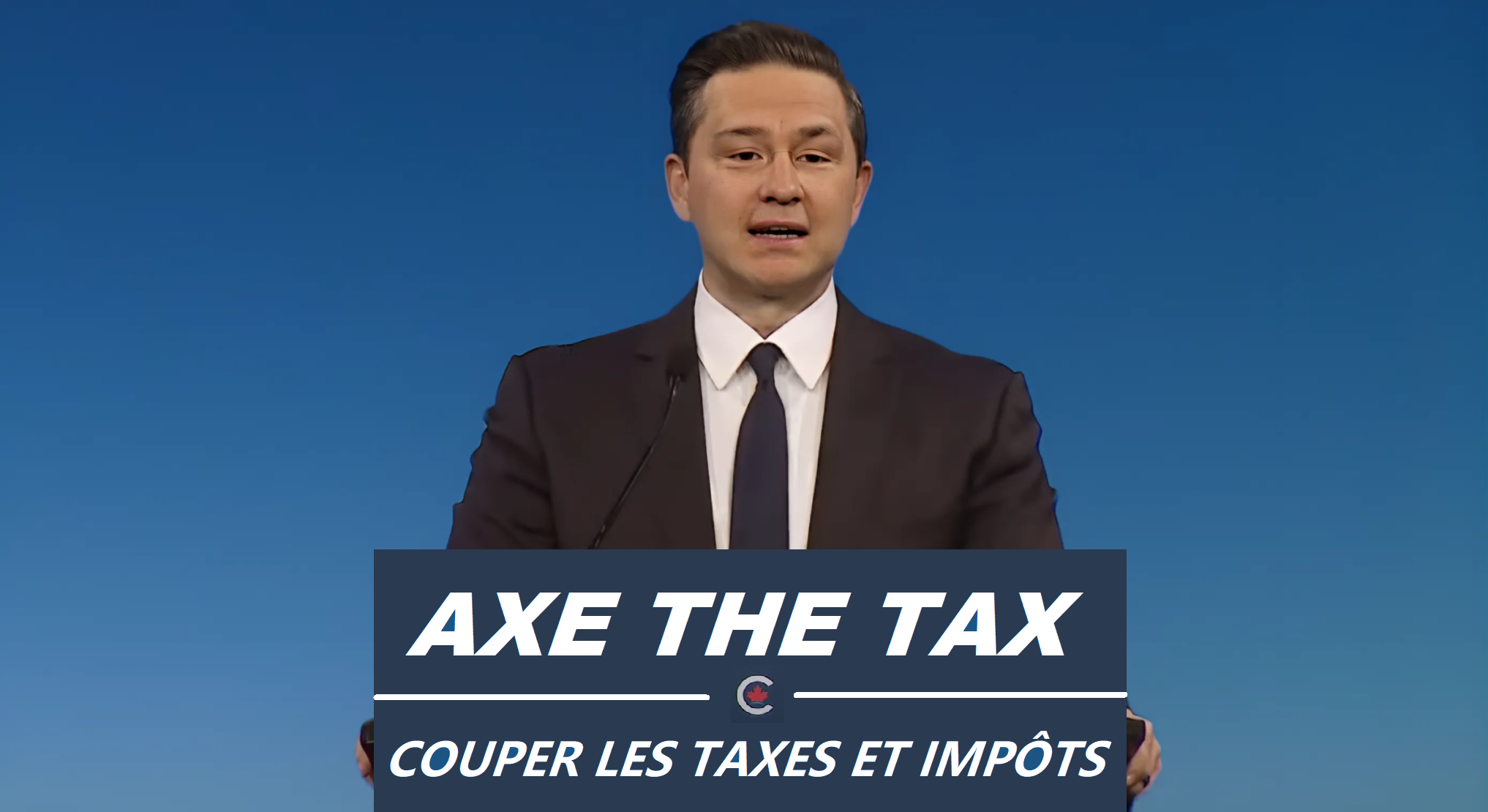Conservative leader Pierre Poilievre delivered a fiery address to his party’s national caucus in Ottawa. Poilievre reiterated his commitment to rolling back the carbon tax, addressing the nation’s economic struggles, and fixing what he called the country’s “broken” budget.
Poilievre’s speech took direct aim at Prime Minister Justin Trudeau. Referring to Trudeau’s recent caucus meeting where the Prime Minister reportedly played the theme song from Rocky, Poilievre mocked the event, painting Trudeau as out of touch with ordinary Canadians.
Poilievre also likened Trudeau’s political narrative to that of the underdog character in the Rocky film series, though he argued that Trudeau’s privileged background and political inheritance disqualify him from such a comparison.
“Trudeau inherited a multi-million-dollar trust fund from his grandfather and a political dynasty from his father, yet he portrays himself as the victim,” Poilievre stated, adding that while Trudeau “jets around the country” and emits more greenhouse gases than thousands of Canadian families combined, it is everyday Canadians who suffer the economic consequences of his policies.
He reiterated that the carbon tax has risen far beyond what was initially promised by Trudeau, citing the Prime Minister’s claim that it would not exceed 11 cents per liter, when in reality, Poilievre claimed, it now stands at 17 cents per liter—a 60% increase.
Poilievre warned that the tax is set to rise even further in the coming years, projecting that it will reach 61 cents per liter by 2030. He argued that such increases will disproportionately affect low- and middle-income Canadians, leading to a surge in inflation, job losses, and an economy in disarray.
“This isn’t just about the price of gas,” Poilievre said. “This will shut down our entire economy. It will be a nuclear winter for our economy if we end up with the highest carbon tax in the world.”
He painted a bleak picture of a future where factories are unable to operate, trucks cannot afford to deliver goods, and Canadian industries flee to the United States to escape the burdens of the carbon tax.
Poilievre’s speech also touched on broader economic concerns, particularly affordability and the growing number of Canadians relying on food banks. He argued that the carbon tax exacerbates these issues, claiming that 2 million Canadians have already turned to food banks and 25% of children are attending school hungry.
“This is not just about affordability,” he emphasized. “This is about survival for many Canadians.”
Poilievre pledged that a Conservative government under his leadership would abolish the carbon tax altogether, offering what he called a “common sense” approach to economic recovery. He linked the carbon tax to a host of other issues, including rising rent prices, heating costs, and declining purchasing power.
In addition to criticizing Trudeau, Poilievre directed significant attention to NDP leader Jagmeet Singh, accusing him of betraying the working-class Canadians who voted for him by supporting the carbon tax. Poilievre claimed that Singh, despite his promises to stand up for workers and seniors, had voted more than 200 times in favor of keeping or raising the tax.
Singh, according to Poilievre, is now attempting to distance himself from the policy as byelections loom. However, Poilievre remained skeptical of Singh’s motivations, suggesting that his apparent change of heart is driven more by self-interest than by genuine concern for Canadians.
“He wants his pension,” Poilievre said, accusing Singh of delaying any meaningful action on the carbon tax until after securing his federal pension benefits. “While Canadians struggle to pay their bills, Singh tells them to wait—wait until he gets his pension before we can reverse the damage.”
Poilievre issued a direct challenge to both Trudeau and Singh, calling for what he described as a “carbon tax election,”.
“This is what Canadians want,” he said. “They want common sense conservatives who will ax the tax, build the homes, fix the budget, and stop the crime.”
In the latter part of his speech, Poilievre outlined key policies that a Conservative government would implement if elected, including lowering income taxes to incentivize hard work, capping government spending to reduce the federal deficit, and cutting wasteful spending on bureaucracy and consulting contracts.
Poilievre also highlighted the need to tackle Canada’s housing crisis, promising to streamline the approval process for new developments and free up federal land for housing construction. He criticized the current government’s approach to housing as inefficient and too reliant on red tape.
As byelections loom and federal elections draw nearer, Poilievre’s message is clear: a Conservative government will prioritize Canadians’ economic well-being, roll back the carbon tax, and restore fiscal responsibility to Ottawa.

